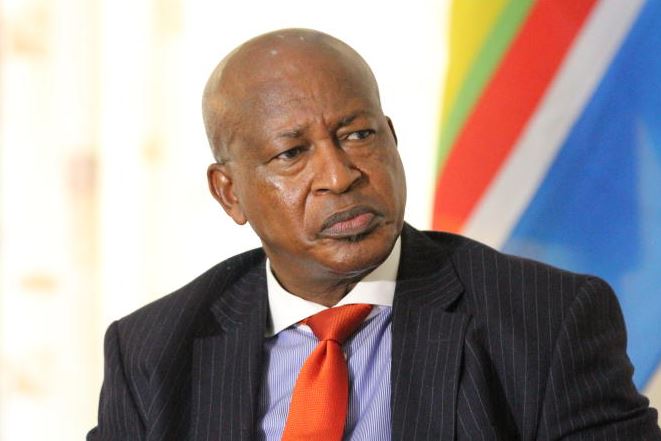×
The Standard e-Paper
Join Thousands Daily

Attorney-General Kihara Kariuki has filed an appeal challenging High Court’s judgement on Building Bridges Imitative (BBI).
Justice Kihara in his appeal, seeking to set aside the verdict by five High Court judges argues that they erred by declaring that President Uhuru Kenyatta can be sued in person.